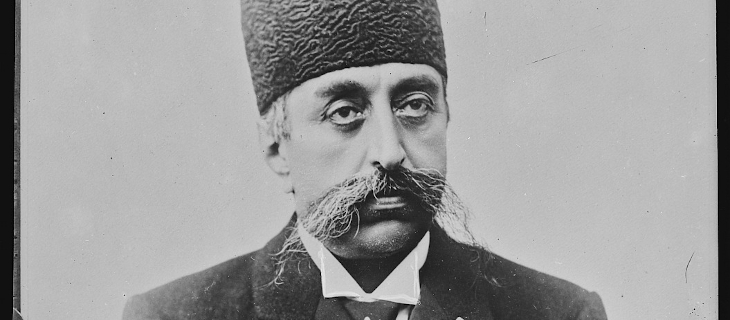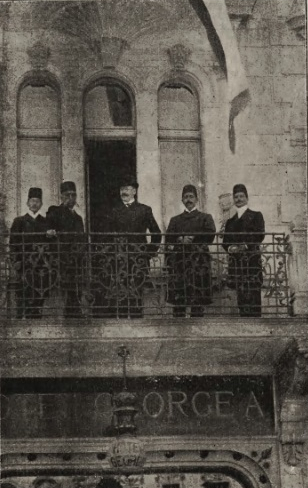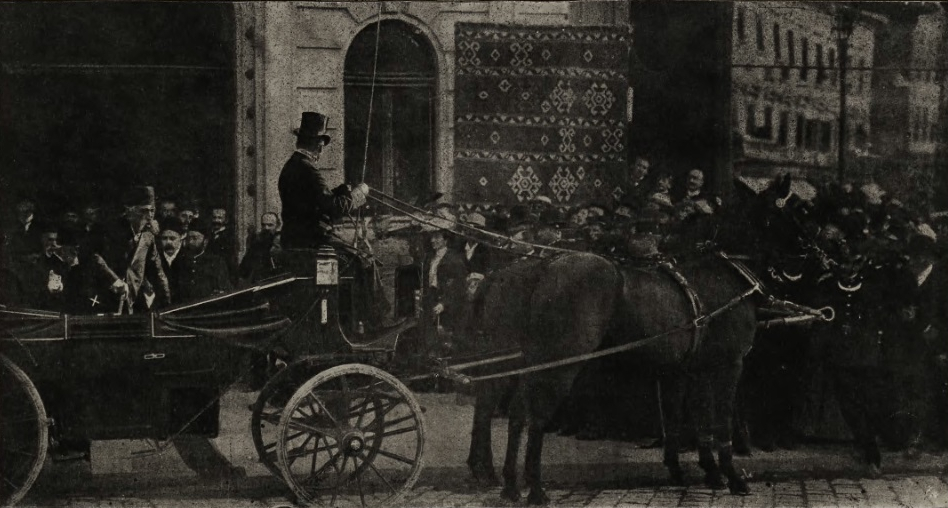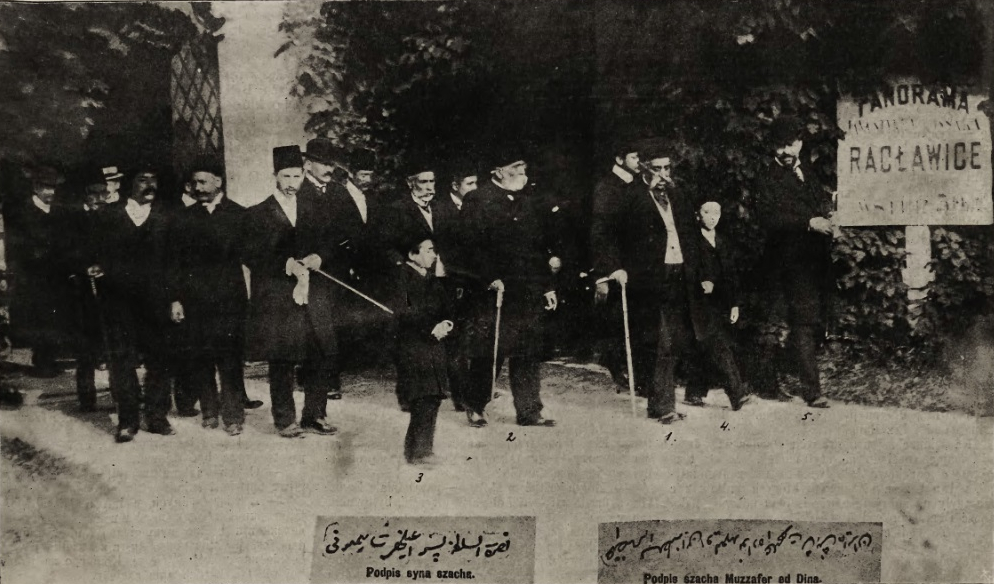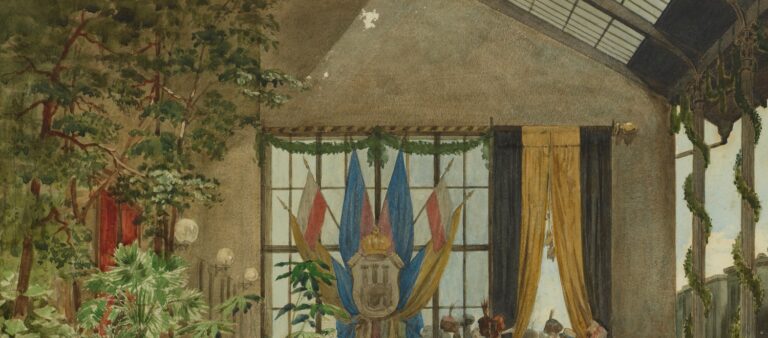In June 1905, on his way to Vienna, the Shah of Iran, Mozaffar ad-Din Shah Qajar, visited Lviv. This was his third visit to the city, which had occurred in 1901 and 1902. Since Lviv didn't often receive such high-ranking guests, the visit became one of the most important events for local authorities. As the government newspaper "Gazeta Lwowska" noted, the city was obliged to demonstrate its European character. The regional authorities called on residents with their conduct to help create an impression on their foreign guests that Lviv was a center of culture and civilization.
Because of the mourning announced after the death of emperor Franz Joseph, the entertainment program was somewhat shortened; in particular, annulled were hunting in Stare Selo, visiting the municipal theatre, and also a concert of the military orchestra under the windows of the hotel "George."
The route ran along the streets Gródecka (now vul. Horodotska), Leona Sapiehy (vul. Bandery), Szeptyckich, St. George Square, Mickiewicza (vul. Lystopadovoho Chynu), Matejki, Kraszewskiego (vul. Krushelnytskoi), Słowackiego (vul. Slovatskoho), 3 Maja (vul. Sichovykh Striltsiv), Jagełłońska (vul. Hnatiuka), Karola Ludwika (Svobody Avenue), pl. Mariacki (Mitskevycha Square). During the shah's passage from the train station to the hotel and back, military troops formed a live corridor and stopped the movement of transport and pedestrians.
